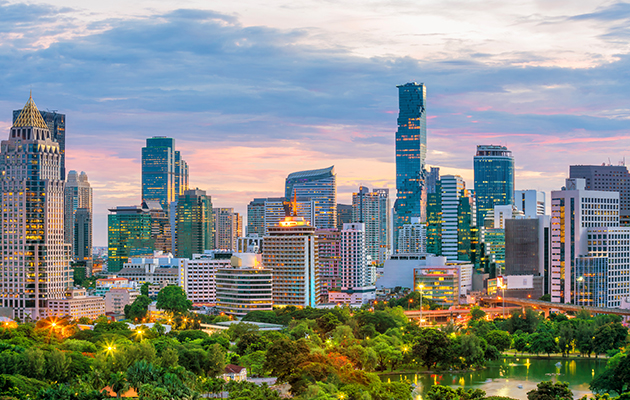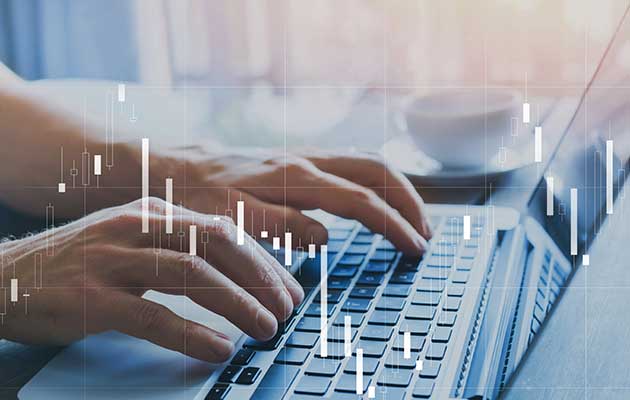The Excise Department Plans to Increase the Collection of Environmental Tax in 2023
On 7 September 2022, Mr. Ekniti Nitithanprapas, the Director-General of the Excise Department, announced the Strategic Plan for 2023, titled “EASE Excise”, which will focus on the collection of environmental tax and the establishment of international operational standards due to the fact that various factors are affecting the operations of the Excise Department currently, as follows:
- Economic recovery from the Covid-19 pandemic during the US-China trade war and globally rising energy prices;
- Digital and technological changes that affected consumer behaviour and adaptation to meet the needs of consumers in the business sector;
- Situation of an aging society, which has affected the growth of health businesses; and
- Global warming.
The Excise Department foresees that the above factors will cause most countries to pay more attention to the environment by adopting tax measures to support and create a change in consumption behaviour, in order to attain more environmental responsibility.
One of the important measures the Excise Department will adopt is a) ‘Environmental, Social and Corporate Governance (ESG)’ (ESG is a framework designed to be integrated into an organisation's strategy to create enterprise value by expanding the organisational objectives to include the identification, assessment and management of sustainability-related risks and opportunities in respect to all organisational stakeholders, including but not limited to customers, suppliers and employees, and the environment; and b) ‘Bio-Circular Green Economy (BCG)’ (BCG encompasses bioeconomy as the production of renewable biological resources and their conversion into value added products, circular economy as the reuse and recycling of resources and green economy as keeping economy, society and the environment in harmony, resulting in sustainable development).. The Excise Department plans to implement tax measures to enhance the potential of ESG/BCG products/services to support Thailand’s goal of being carbon neutral by 2050 and achieving Net Zero Emissions by 2065.
The author is of the opinion that the direction of the Excise Department will focus on products related to tax measures, in order to reduce social impact, especially from a health perspective; and this complies with Thailand’s strategy of having the BCG economic model for 2021-2026. Currently, the Excise Department is accelerating the study in order to reform the tax structure for six types of goods. This is set to be completed within this year and the six types of goods are as follows:
- Supporting the use of pure ethanol in the production of bio plastic;
- Aircraft biofuel support (Bio Jet);
- Tax restructuring of car batteries focusing on the recycling process, by reducing the tax on recyclable batteries that were previously taxed at the rate of 8%;
- Increasing the carbon credit tax rate, which the Excise Department will study from countries that have already collected this type of tax, such as European countries that collect five types of industrial carbon tax: 1. Cement; 2. Steel; 3. Aluminum; 4. Fertilizer; and 5. Electricity, which must cooperate with the Thailand Greenhouse Gas Management Organization;
- Adding a new tariff code to tax electronic cigarettes, as well as the Excise Department helping to support the suppression of electronic cigarettes; and6. Adding a new tariff code to liquor and beer that has 0% alcohol.
Furthermore, in recent years, the Excise Department has changed and imposed tax measures which are related to products that adversely affect health. For example, a) cigarettes were previously taxed by portion or value but changed to be taxed at a single rate of 40% of the retail price as of October 2021; b) the postponement of the salinity tax that was originally planned to be applied this year but has been postponed as it may impact the economic recovery; or c) the announcement of the reduction of the excise tax rate on electric cars of up to 10 seats from 8% to 2%, effective as of 7 June 2022, but for electric cars of up to 10 seats that do not meet the criteria, there will be an excise tax rate of 8% until 31 December 2025, which shall be increased to 10% from 1 January 2026 onwards. The reduction or exemption of import duties, reduction of excise tax rates and provision of subsidies to those who are entitled to the measures has the purpose to reduce the price of battery electric vehicles (BEV) cars and motorcycles to almost the prices of internal combustion engine cars and motorcycles.
The author believes that although the Excise Department is indeed likely to pay more attention to taxes related to the support of ESG/BCG related products, however it will focus more prominently on other tax collections due to the revenue collection results of the Excise Department for the first seven months of the fiscal year 2022. Such result showed that tax collection was only Baht 320,618,000,000 (three hundred twenty billion, six hundred eighteen million Thai baht), which is lower than the target by about 26,501,000,000 (twenty-six billion, five hundred one million Thai baht), or 7.63%. Tax collections for gas tax, car tax and liquor tax were all lower than the estimation; the only tax collected higher than its target was beer tax.






